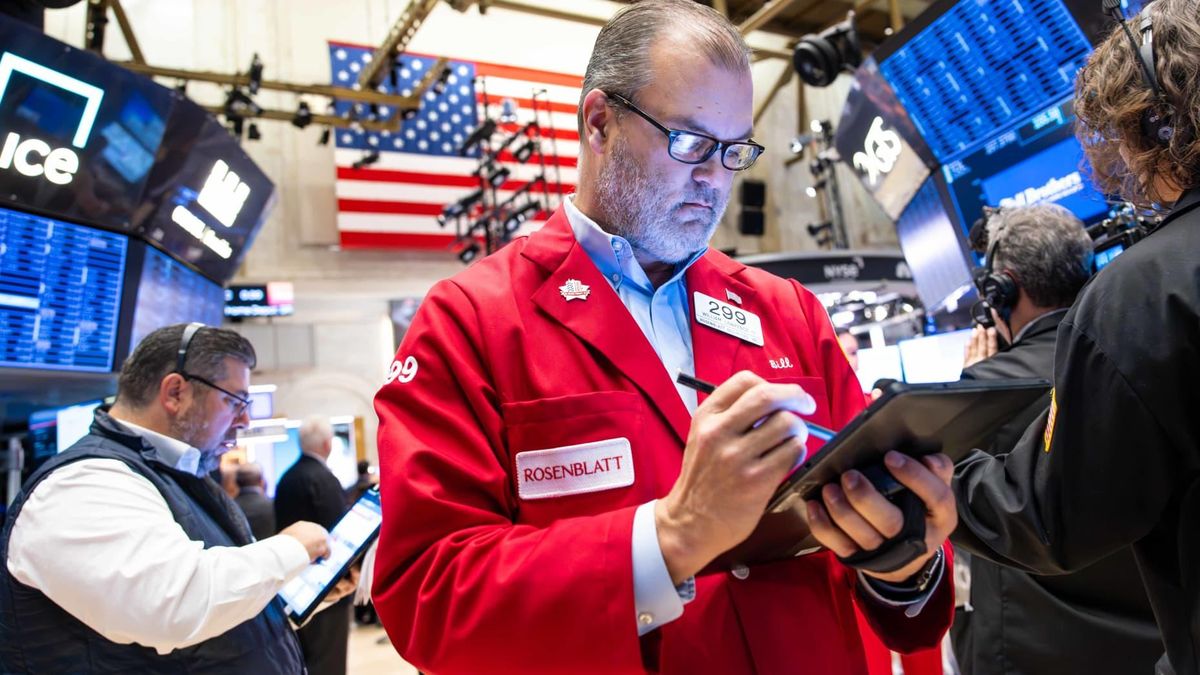After the recent U.S. elections, the stock market has taken quite the tumble, leaving many investors scratching their heads about what just happened. The aftermath of the elections seemed to pivot from initial excitement to confusion and decline. Let’s take a closer look at how the November 2024 elections have impacted the financial markets and what analysts are saying.
On November 15, 2024, major indexes like the S&P 500, Nasdaqq0020, and Dow Jones faced significant setbacks. The S&P 500, for example, was on track for its worst week since September. It paints quite the picture when you dig up the numbers: all three major U.S. stock indexes were down, with the Nasdaq experiencing the steepest declines of about 2% (that’s not minor, folks!).
This post-election stock market decline has left traders reeling. Initially, there was some exuberance as people anticipated potential benefits from the election results, but it seems the excitement didn’t last long. Instead, the rally appears to have lost steam quite dramatically. With inflation still being talked about loudly and the Federal Reserve’s upcoming decisions hanging over everyone’s heads, many investors now find themselves scaling back their expectations.
More than just the numbers, the atmosphere around investing since the elections has shifted. Traders were scaling back bets on anticipated interest rate cuts from the Federal Reserve after comments made by its Chair, Jerome Powell. Speculations around rate cuts can often buoy the markets, but with Powell’s recent statements, it seems like those predictions are being dialed back, providing another reason for investors to feel less optimistic.
Also causing waves in the market was the performance of retail sales, which, surprisingly, came out stronger than expected for October. According to economic reports, retail sales grew by 0.5%, beating estimates. You’d think positive reports like this would cheer the market, but with everything else on the table, the response seemed muted.
The background noise doesn’t stop there. There are also concerns about inflation rates and how prolonged inflation could affect the Federal Reserve’s decisions moving forward. The conversation has turned to predicting how these factors might influence the stock market. Many analysts are wary of inflationary pressures persisting. If inflation remains elevated, it could affect the Fed’s strategy of rate adjustments, keeping interest rates higher for longer and impacting market valuations significantly.
Let’s not forget the psychological impact on the market. The so-called “fear gauge,” known formally as the VIX, has been moving back up, indicating rising fear among traders. Fears about the direction of the economy and volatility are naturally increased during times of uncertainty, such as post-election periods. This rising VIX reflects growing unease among investors about what lies ahead.
Goldman Sachs analysts have also weighed in, mentioning how they anticipate economic conditions to continue to drive the narrative of the market. With the specter of recession looming, expectations about future corporate earnings are being adjusted. Some firms are already bracing for muted growth, which might impact upper management’s forward-looking strategies.
What about the sectors? Generally, after these elections, tech stocks and consumer discretionary sectors tend to feel the brunt of downturns, and current conditions seem to be no different. While some sectors may provide safe havens, like utilities or consumer staples, those investing heavily in growth sectors might want to monitor their portfolios closely.
Analysts are using phrases like “election hangover” to describe the current stock market sentiment. It’s fascinating to think how perceptions about the political climate spill over so rapidly to market reactions. The unpredictability of election outcomes can create bubbles of optimism, but when those bubble burst, as we’ve seen this time, the decline can feel particularly sharp.
Analyst reports tend to highlight the potential for recovery, but any optimism is tempered by caution about how significant geopolitics, economic reports, and the Fed’s decisions will play out. The post-election period, once thought to bring clarity, has instead produced uncertainty, and as we’ve seen, uncertainty hardly bodes well for financial markets.
Some investors remain on the sidelines, waiting for signs of recovery or reassessment before taking any action. It’s not just about timing the market, but rather gauging when the market sentiment might switch back to positive. But as history has shown time and again, post-election appreciate rally usually has some legs, so it’s worth considering how long this decline might continue.
Looking forward, market watchers are keeping their eyes peeled not just for retail earnings but for broader economic indicators. It’s the perfect breeding ground for volatility; even small bumps can create big swings, driving fears or enthusiasms among investors. If inflation continues to remain stubborn and the Fed is forced to act conservatively, the market is likely to face more than just your typical post-election blues; it could see significant adjustments.
To sum it up, it appears the markets have gotten their first taste of post-election reality and, unfortunately for investors, it’s not quite as sweet as they might have hoped. The combination of economic pressures and political uncertainty can create quite the rocky road for stocks. Investors may need to buckle down for what could be some tumultuous weeks and focus on the long game, as many analysts advise. Remember: it’s about patience and strategy, so don’t let the fear overwhelm your investment plans.


